#254 - How To Submit Music For Sync
Sync deal options
So now that I’ve made my point about why it makes sense to invest some time in licensing your music, let me give you the 3 main strategies that are available to you.
Get a publisher that will find, negotiate and sign licensing opportunities for you.
Place your catalogue in music libraries and benefit from the traffic these platforms get.
Build relationships yourself, bypass publishers and libraries to license your music directly to customers.
As with everything, there are good points and bad points to each of these 3 options.
Working with a publisher
Good points: The publisher takes care of all the boring admin stuff and leverages their relationships.
Bad points: High-end publishing deals (those that will help you advance your music licensing careers) are sometimes exclusive. That means that if the deal doesn’t work out for you (and it can definitely happen), you’re stuck. Make sure you don’t sign a lifetime exclusivity deal. Keep the agreement period reasonable. Negotiate an advance that makes sense for you. That means it should be big enough that you’re not in trouble if you don’t get a single deal from the publisher.
Placing your catalogue in music libraries
Good points: Once you’ve set up your tracks in music libraries (under non-exclusive deals, you can upload your catalogue in multiple libraries), the income you get from these platforms is passive. There’s no extra work.
Bad points: There are so many music libraries of varying quality that it’s difficult to know where to start and easy to suffer from information overload and analysis paralysis and do nothing.
Take it slow but take action. For example, you could aim to submit 3 tracks to 3 libraries every week. You don’t have to start big and have a huge catalogue of tracks ready. Slow and steady is a good way to go.
Building relationships yourself
Good points: You’re in complete control and decide who you want to work with. You also get to keep all the money (the standard being 50/50 splits with libraries and publishers, that’s not negligible). On top of that it’s highly gratifying when you pull it off and relationships you build that way tend to be stronger and more rewarding (both creatively and financially).
Bad points: It’s a LOT of work, takes a lot of time and you’re going to fail a lot. As an indie musician, you’re probably used to all that but still, it’s something to consider. Maybe you’re not in a place right now where you can take a lot of rejection.
How to get started?
Stay focused. If you write in different genres, focus on one to get started.
Study the market. Go on YouTube, do research on TV shows, video games, films, fashion shows, retail stores, any place that features music in public. Figure out where your genre of music is already being used.
Start small. Sure, you can go ahead and try to get an internship with Hans Zimmer, I’d never discourage you from trying! But be prepared for a lot of rejection. By starting small, you’re giving yourself a chance to experiment and make mistakes without big consequences.

